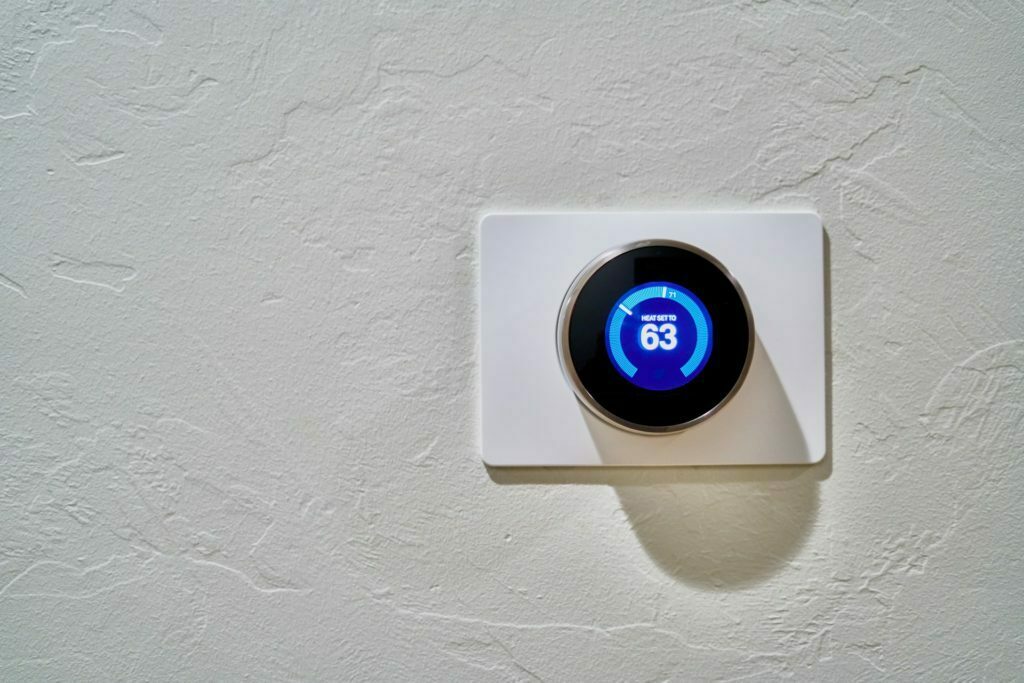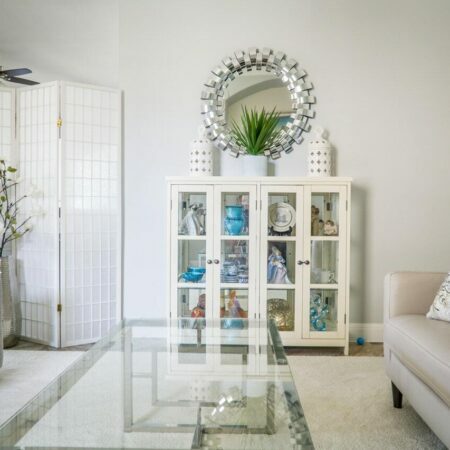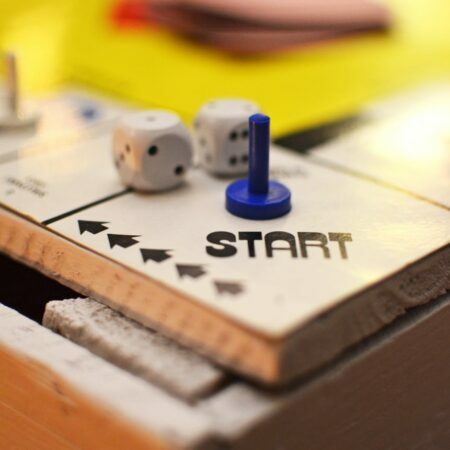For homeowners across the United States, one of the most popular forms of modern air systems is a heat pump. Unlike traditional technology which requires air conditioners and heating systems as separate units, a heat pump is unique in that one machine can act as both the home’s heater and cooler.
With that modern technology, however, come certain maintenance guidelines for the system’s lifespan. Homeowners new to heat pumps may be unsure of the proper steps to take in the event of a breakdown or faulty unit. Here, we will look at some of the possible fixes if your heat pump breaks down.
Heat Pump Basics
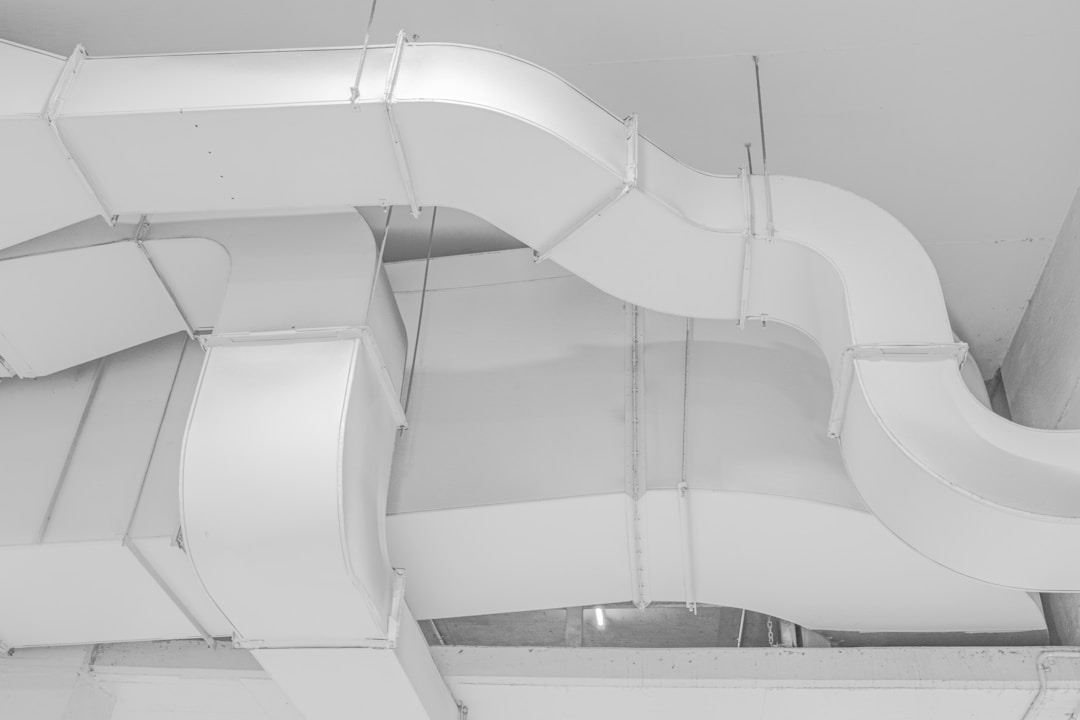
It’s important for the owner to understand the basic functions of a heat pump system. Rather than a traditional furnace or alternative heater that utilizes natural gas to warm the living space, a heat pump system replaces both the heater and the air conditioner by functioning like the HVAC system in reverse. The heat pump uses an outdoor compressor to take air from outside the home, warms or cools it according to the thermostat setting. It then transports the air into the home’s interior using an indoor air handler.
A major benefit of installing a heat pump system in your home is that the unit works with any pre-existing ductwork. However, there are also versions of the technology known as ductless mini-split heat pumps, which don’t require any ductwork at all. Additionally, heat pumps are significantly more energy-efficient than older heater units and AC systems. This means a lower energy bill and overall carbon footprint.
With those facts in mind, there are still heat pump problems that can happen with your unit. Wear and tear is inevitable with any household air system, even if you’ve taken the necessary precautions of scheduling routine maintenance with a heat pump repair technician. If you’re currently dealing with a broken heat pump, there are a few simple solutions that may work before any needed repairs or replacement is needed.
Common Issues with Air Systems
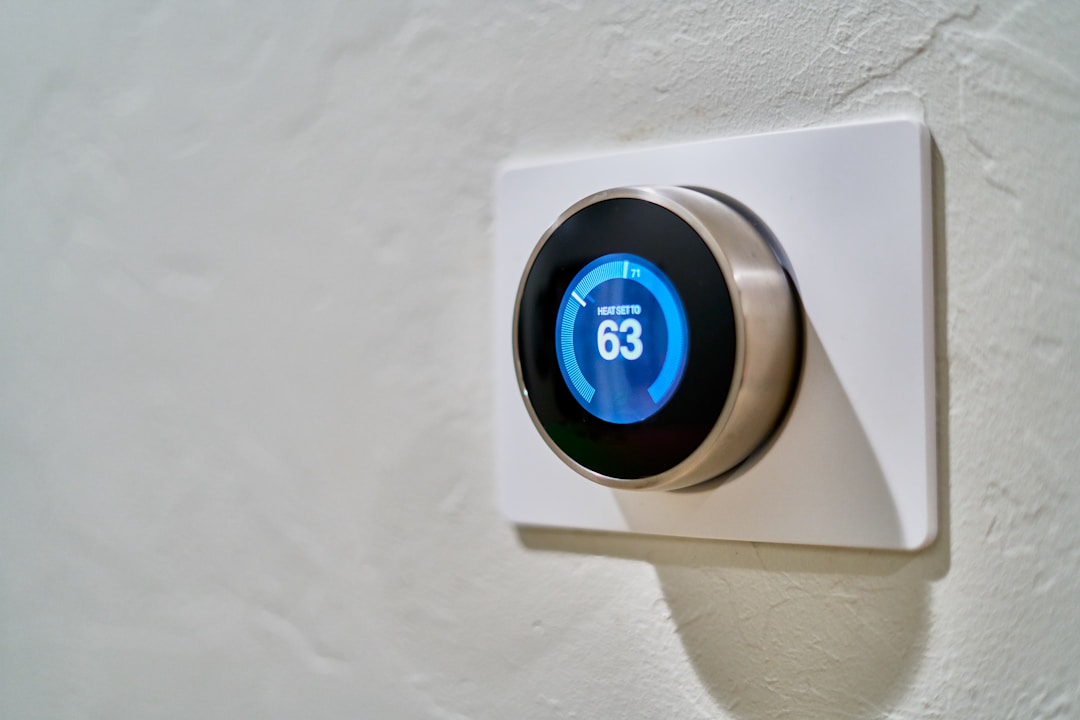
Although heat pump systems are incredibly energy efficient, their ability to function as both an HVAC system during the summer months, as well as a heater during the winter, means the machine runs year-round. Due to this high frequency of use, some common issues could occur for a number of reasons.
For example, there is the chance that the unit isn’t pumping enough heat during the winter months. Likewise, the heat pump system may not be reaching the level of coolness that your family requires when the outside temperatures rise. If either one of those scenarios sounds familiar, be sure to keep a small checklist of possible solutions in mind.
Before you call a heat pump repair technician, be sure to check your ducts and air filters. Although the heat pump replaces a traditional air conditioner, a ventilation system is still used for circulation. Air filters should be changed every few months. Over time, dust, debris, and pet dander can build up, causing blockages. Not only does this lower the indoor air quality, but the clog may prevent proper air flow. This can force you to pump the unit to maximum capacity more often.
Aside from increased wear and tear on the unit, this can spike your monthly utility bills. Another good idea is to keep an eye on your thermostat. Many homeowners with air system issues worry that expensive repairs will be required. However, something as simple as changing the thermostat’s batteries may solve the issue. Before calling an HVAC professional, check the thermostat.
If these basic solutions don’t get your heat pump system back up and running, or if you suspect a serious electrical problem, don’t resist calling an HVAC professional. The basic rule of thumb for all homeowners is to schedule routine maintenance throughout the year. This will always ensure your air system will provide your family with comfort and safety when the seasons change.

